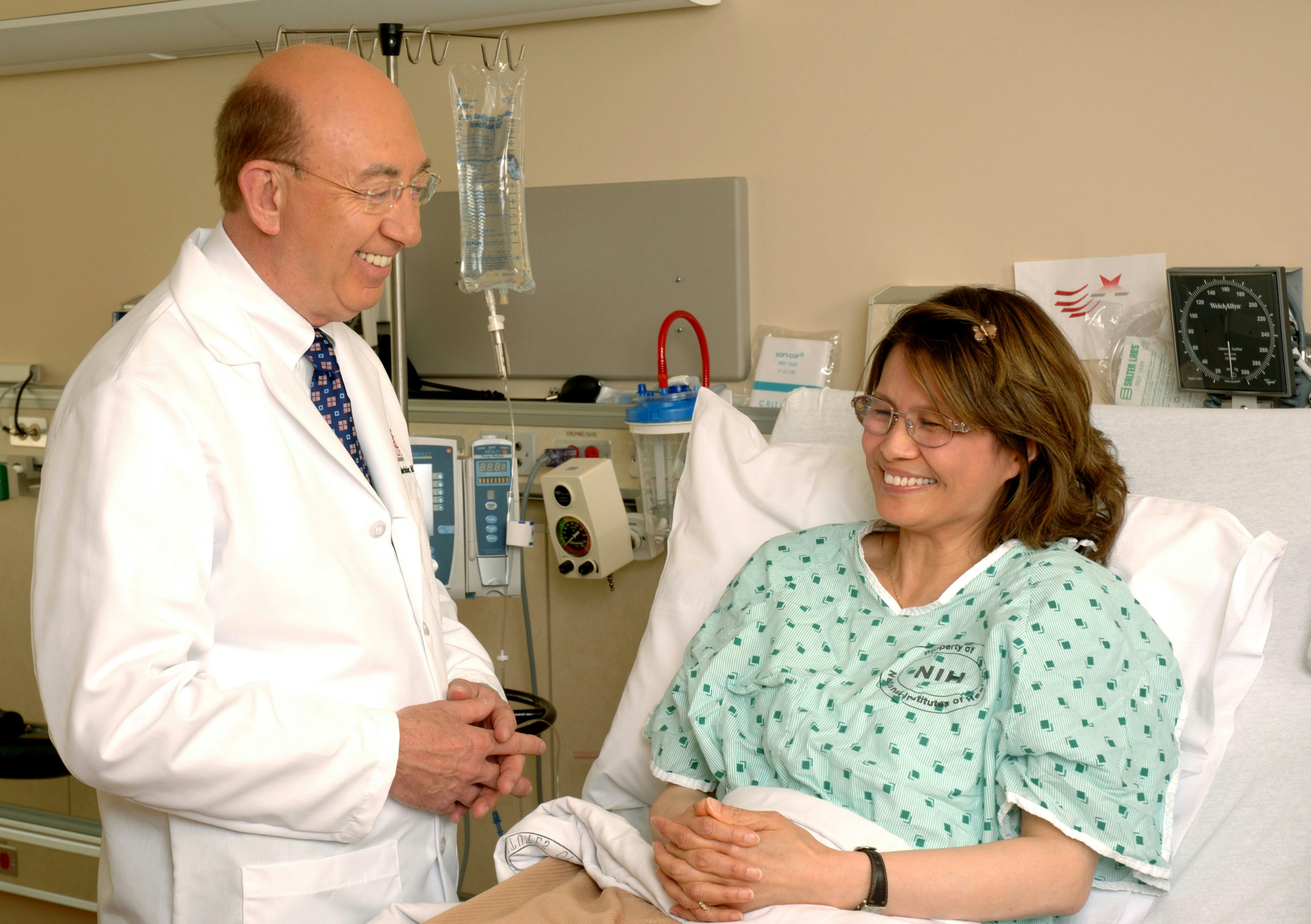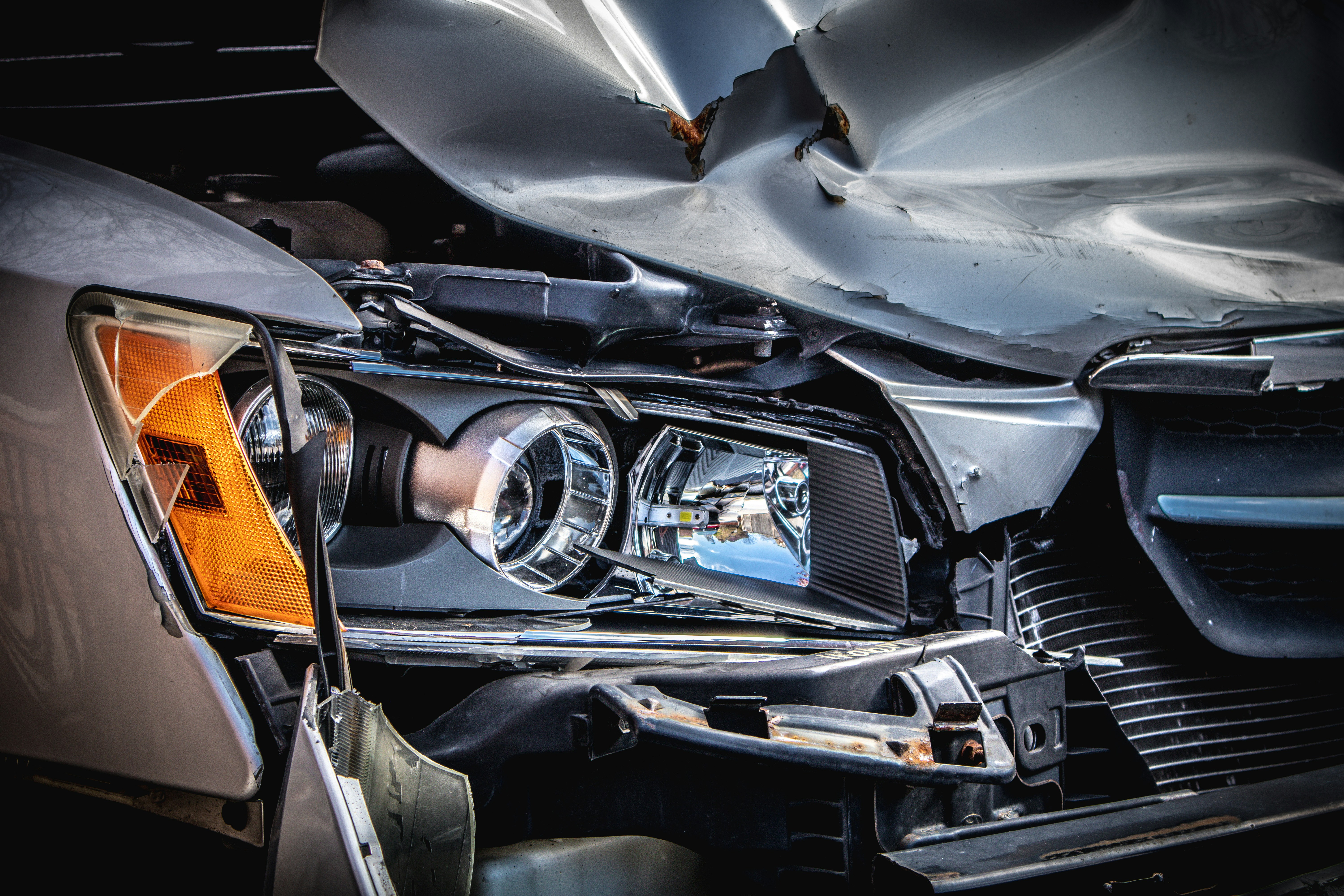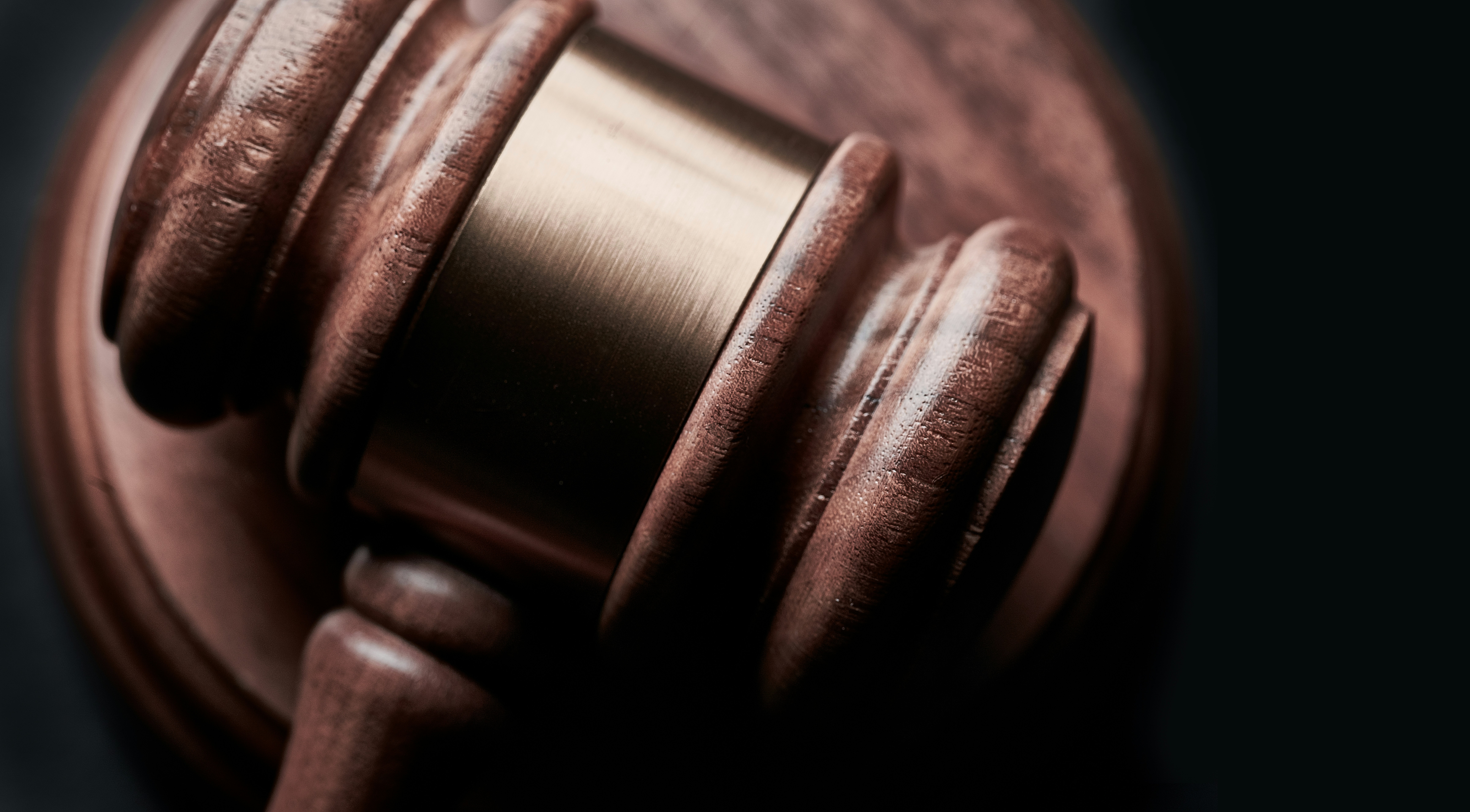Each year, between 20 and 50 million people worldwide are injured in automobile accidents. Although their injuries aren’t fatal, many of these individuals experience long-term pain or are permanently disabled. In the United States, a 2010 study revealed the reduction in quality of life and long-term pain from car accident injuries had a cost of $594 billion.
It’s normal for individuals who’ve been in an accident to be in shock, and symptoms of injuries may not be immediately apparent. Even if you don’t have visibility broken bones or lacerations, you may have sustained a severe injury. If you feel dizzy after your accident, there are some essential medical and legal steps you should take in order to care for yourself and protect your rights.
Understand that dizziness can be serious.

There are several medical reasons why you may be dizzy after an accident. Some individuals suffer from vertigo. In addition, a concussion can also cause you to feel dizzy and nauseous. If you received a blow to the head, you might have suffered a traumatic brain injury (TBI), causing you to be dizzy. Dizziness can also be a symptom of nerve damage. If you have a concussion or TBI, you should seek medical help immediately.
It’s also possible that you won’t develop symptoms straight away after your accident. For example, it can take 24 hours or more for whiplash symptoms—including dizziness—to develop. Do not assume any symptoms you’re experiencing are unrelated to your accident, even if they don’t appear for a few days.
Seek the help of a medical expert if you’re feeling dizzy.

Report your symptoms to a medical doctor as soon as possible. If you’re dizzy at the scene of the accident, inform paramedics promptly. If your symptoms don’t appear for a day or two, see your doctor as soon as possible.
You can also book an appointment with an audiologist. Audiologists are medical doctors who specialize in treating hearing and balance issues. They’re also qualified to perform dizziness tests and determine the cause and develop a treatment plan. Suppose you sustained a severe injury that affects your hearing and causes dizziness. In that case, an audiologist could determine if the hearing loss will be permanent or if there are treatments available to restore your hearing.
Don’t just agree to a settlement.

The insurance company that represents the person responsible for your accident may contact you to negotiate a settlement. Avoid talking to their insurance company until you have legal representation. Do not agree to anything, accept any fault for the accident, or sign any paperwork without seeking legal advice. Although you may be required to speak to the police at the scene and exchange insurance information, you should avoid making any statements about the accident’s cause to other parties.
Be sure to gather information at the scene.

It’s a good idea to gather information at the scene of the accident if you’re physically able to do so. Use your smartphone to photograph the scene. If possible, note the names and contact information of witnesses. You may also be able to identify witnesses by taking photos of the license plates of vehicles that stopped at the scene.
The police must be informed when an accident causes a physical injury. Make a note of the name of the officer who completes the accident report.
Talk to an attorney.

Carry out an online search for a “personal injury lawyer in Raleigh North Carolina” and schedule a free consultation with a personal injury attorney. Lawyers specialize in specific fields of law. They have expert knowledge in their specialization area, enabling them to represent their clients’ interests effectively. An experienced personal injury attorney will be familiar with relevant case law that applies to accidents and the types of injuries you’ve sustained. These attorneys will know all of the information you need to support your case and be familiar with all compensation forms you may be eligible to receive.
Document Everything

Once you hire an attorney, they will let you know what information they need to build your case. If possible, start documenting details about the accident and your injuries before you meet with your attorney. Recording specifics about the incident will ensure you record a full account of the accident. Write down the date and time when symptoms first appeared. Keep receipts from all of your medical appointments and tests performed. Make sure you see any specialists you’re referred to. This will ensure you have a comprehensive diagnosis and complete assessment of your injuries’ nature and their impact on your physical and mental health.

